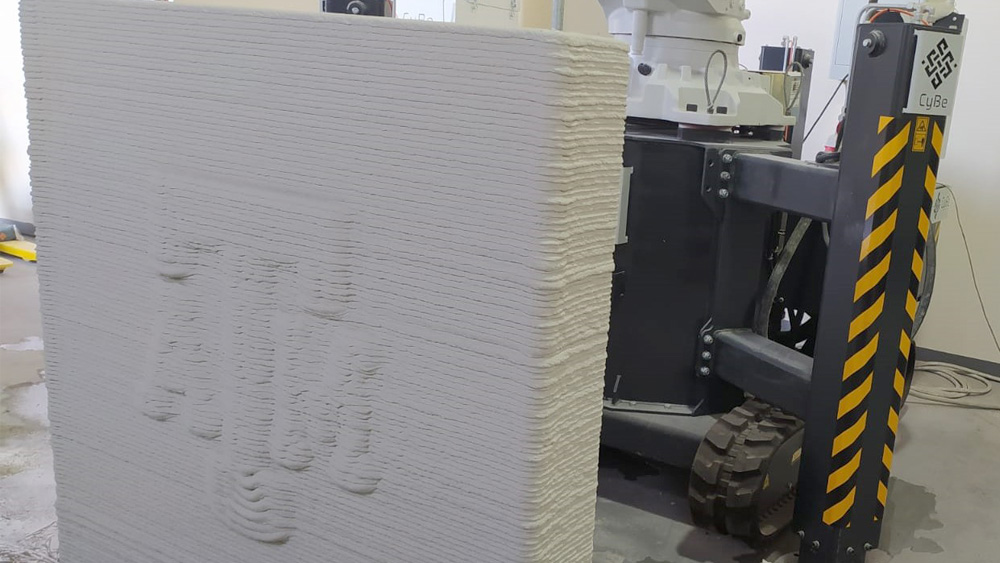
A grant from the U.S. Department of Education is paving the way to address the country's need for resilient infrastructure while training the next generation of engineers in advanced construction methods and technologies.
Disasters from natural hazards such as hurricanes, floods and earthquakes increase the need for rapidly constructible and resilient infrastructure to expedite the recovery of affected areas and minimize socioeconomic impacts while also preventing future disasters.
The Graduate Assistantships in Areas of National Need (GAANN) program in infrastructure resilience in the context of advanced construction methods, led by project director Dr. Petros Sideris, will adopt, advance and implement novel cutting-edge construction methods such as large-scale 3D printing.
“Advanced construction methods offer out-of-the-box design solutions that can achieve decreased construction times through automation, lower environmental impacts through reduced materials use and waste and potentially lower construction costs,” Sideris said. “Affordable, resilient structures are also key to addressing the housing crisis both nationally and internationally, thus contributing to social resilience.
“Our GAANN program constitutes a unique educational and research approach that will provide engineers with special training to enter academic, industrial and government fields and serve the country's needs.”
The GAANN program specifically supports diversity in academia and the civil engineering profession as a whole by joining the efforts of Texas A&M's Louis Stokes Alliances for Minority Participation program, the Texas A&M College of Engineering's Access and Inclusion program, and the College of Engineering's Women in Engineering program. Sideris said they are working to reach a broad and diverse pool of highly qualified applicants, especially women and underrepresented minorities.
The program will offer GAANN Fellows well-rounded training in research and teaching as well as professional development opportunities and international experiences. All GAANN Fellows will also have access to cutting-edge experimental facilities such as the Center for Infrastructure Renewal (CIR) with its advanced equipment, including small- and large-scale 3D printers.
The project team also includes lead co-director Dr. Anand Puppala, professor and CIR interim director; and co-directors Dr. Maria Koliou, assistant professor; Dr. Luciana Barroso, associate professor; Dr. Zachary Grasley, department head and professor; and Dr. Mary Beth Hueste, professor and associate department head for undergraduate programs.
Learn more about the GAANN program.